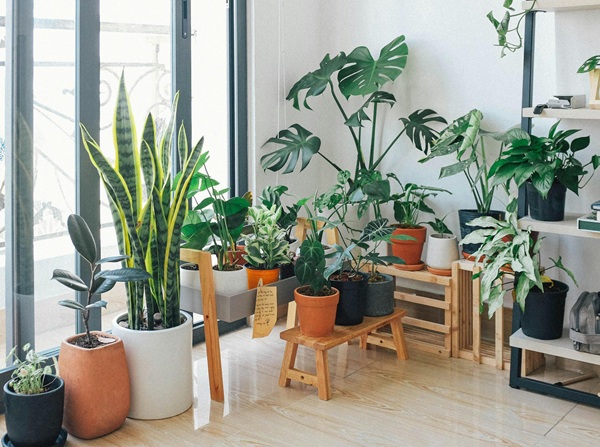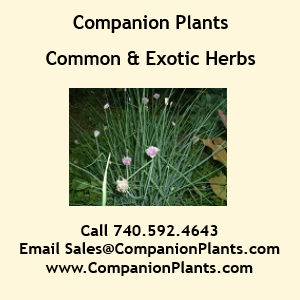
Plants make people happy. If you’re an avid gardener and reading this article, that sentence probably made you shrug and think, “Of course?” There’s something deeply satisfying about watching a plant grow from a seed to full bloom. But even beyond the satisfaction that we all get from gardening, there are psychological and physiological benefits to being around plants.
Have you heard of the term shinrin-yoku? If you don’t speak Japanese, don’t worry. You may be more familiar with its translation, “forest bathing”. Forest bathing is a practice where one goes into nature and immerses themselves in it. The practice is simple. First, go to a green space. Make sure your phone is muted (or simply leave it behind) – interaction with electronics and LED screens will ruin the immersion. Once you are in a green space, engage your five sentences while walking slowly. This is not a hike. Forest bathing does not have a destination. It does, however, have a variety of benefits. Immersing oneself in nature means that your parasympathetic nervous system becomes more engaged, which results in your body entering a more relaxed state. It has also been shown to improve blood pressure and mood resilience in various scientific studies.
If you’re in a city without many green spaces, gardening and caring for indoor plants is a great way to mimic some of the positive benefits of forest bathing.
Of course, plants do more than act as mood regulators for human beings. They are integral parts of our environment. If plants did not create oxygen as a byproduct of photosynthesis, life on Earth would look very different than it does today. Staple houseplants like snake plants and peace lilies have been studied and found that they remove toxins from the air and regulate humidity, though the density found in an average household will not have a substantial effect on the air. Some plants even double as noise barriers—think of cypress, photinia, and other shrubs and trees. Planting a garden can do wonders if you live on a busy city street.
Finally, there’s a very obvious benefit to gardening and caring for plants that many people overlook. It keeps you active. Watering plants, digging and tilling soil, dispersing fertilizer—all of this keeps us moving when it is all too easy to stay in one place looking at a screen nowadays.
Let’s flip the equation. Plants do a lot to keep people happy by simply existing. So, what can people do to make plants happier? We’ll go over three simple things to keep in mind when you’re exercising your green thumb.
First, you never want to overwater your plant. This is the most common cause of plant death for beginners, and it typically comes from a place of kindness, not neglect. Drowning a plant results in root rot, which will kill your plants. Your plants typically need less water than you think they do. Remember, if your plant was growing naturally, its primary source of water would be rainwater. Plants are accustomed to absorbing water then having several days (if not weeks) without rain. This ensures that the soil can dry and aerate. One final tip about watering is to always use room temperature water. Using cold tap water can shock a plant’s roots.
Second, keep any eye out for pests. Sticky traps are inexpensive and a great way to understand what type of pests you’re dealing with. Plus, they have the added benefit of dealing with the random houseflies that sneak into your home. If your sticky traps pick up pests, use a natural insecticide like neem oil or other insecticidal soaps to take out the invaders.
Finally, understand the light that your plant is receiving. Each plant is different. Some species thrive in direct light, others need low light. If you have a specific corner of your house that you want to fill with greenery, make sure you select plants that will do well in the lighting available in that area. Don’t forget to rotate your potted plants, especially if they are by a window where light only comes in from one direction. A quarter turn each time you water them (assuming one watering per week) can do wonders for a plant’s growth structure.
ARBICO Organics was founded in 1979 in Arizona. Over 40 years later, ARBICO Organics continues to produce innovative means of natural biological pest control and disease management for hobbyists and professionals alike.




Comment here